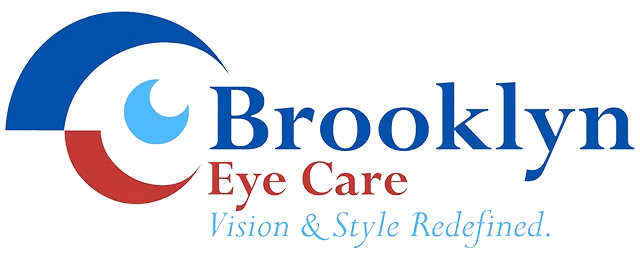Binocular vision is the process of effectively using both eyes together to view an object. When the eyes are aligned and have equally clear images, there can be a binocular vision which allows depth perception. If the eyes are not aligned or have differing images, binocular vision will be disrupted and become difficult. This occurs in Binocular vision disorders including strabismus, vergence disorders, and accommodative disorders.
Normal Binocular Vision
Binocular vision will naturally occur unless there is a problem or disorder that is preventing binocular vision.
Both eyes will naturally fixate on the same target and should produce similarly clear images.
A healthy binocular vision system can be flexible among an array of distances and circumstances.
If there are no symptoms or concerns, normal binocular vision is assumed.
Symptoms of Binocular Vision Disorders
When the binocular vision system is not functioning properly, specific symptoms may arise and cause problems.
The most frequent of these symptoms are headaches, eye strain, double vision, trouble with reading — including words moving or losing the place in the reading passage, and an eye turn inward or outward.
Headaches and eye strain are usually associated with prolonged near work or intense near tasks like reading, working on a computer, or sewing.
Many binocular vision disorders will result in symptoms that are specific to these demanding types of near tasks.
If the eyes have difficulty remaining aligned, there may be double vision or a visible eye turn.
Types of Binocular Vision Disorders: Strabismus (Eye Turn)
One of the most common and most severe binocular vision disorders is called strabismus.
This is an eye turn that causes one eye to turn inward or outward and no longer align with the fellow eye.
The eye can also have a vertical deviation and appear to turn up or down.
Strabismus is a very severe eye condition given the eye that is turned will not allow for binocularity.
Types of Binocular Vision Disorders: Vergence Disorders
The process of the eyes moving together to turn in is called convergence and the process of the eyes moving together to turn out is called divergence.
If convergence or divergence is impacted, there can be a vergence disorder that impacts binocular vision.
If the eyes struggle to converge and turn in, the condition called convergence insufficiency can be present.
If the eyes have difficulty moving outward or relaxing, the condition is called divergence insufficiency.
Both convergence and divergence insufficiency can result in significant symptoms and require treatment to build the vergence system and increase the flexibility of the vergence system.
If the eyes are prone to turning in too much or over-converging, the condition is called comb excess.
Similarly, if the eyes are prone to turning out or relaxing too much, the condition is called divergence excess.
Convergence excess can cause many symptoms of headaches, eye strain, and double vision.
Divergence excess, on the other hand, is less likely to result in symptoms of headaches and eye strain. The most common symptom is an occasional eye turn when daydreaming or not focusing.
Types of Binocular Vision Disorders: Accommodative Disorders
Accommodation is the process of focusing light to see clearly near.
When this system is overworked or too inflexible, it can cause issues with the eyes working together properly.
Like other binocular vision disorders, these conditions cause similar symptoms but may be more related to prolonged near work, excessively close working distance, or having blurry vision at close distances.
Our eye doctor at Brooklyn Eye Care excels in the prescription of glasses, contact lenses and the diagnosis of a variety of eye diseases such as binocular vision disorders. Call our optometrist at (763) 999-6116 to schedule your appointment today. Our eye doctor, Dr. Vivian Ekemezie provides the highest quality optometry services and eye exams in the Brooklyn Park, MN area.

